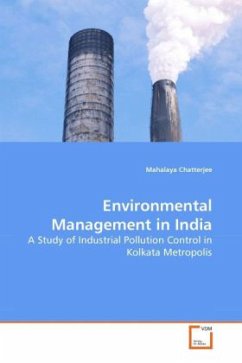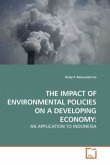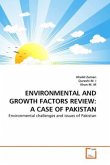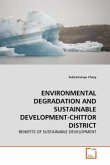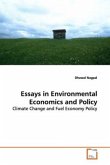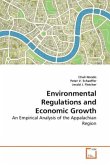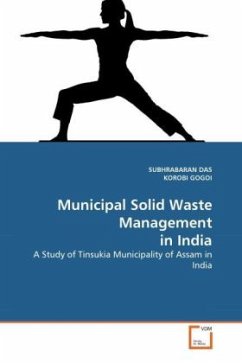Environmental pollution is one of the most commonly discussed topic in today's world.In India, the Pollution Control Boards at the Centre and the state levels started working as early as in 1974 and the earliest special law on water pollution was passed at the same time. The loopholes in the system became apparent in 1984, with the Bhopal Gas Tragedy and there was no significant reduction in pollution, either from the industrial or vehicular sources.The situation was aggravated with the liberalisation of the economy in the early nineties. However,the consciousness of the people has improved over time. They started to take legal action to control pollution, either individually or collectively. The Environment Protection Act (1986) also allowed this provision. This study is about some industries installing such equipments and the condition of the households living around it.

